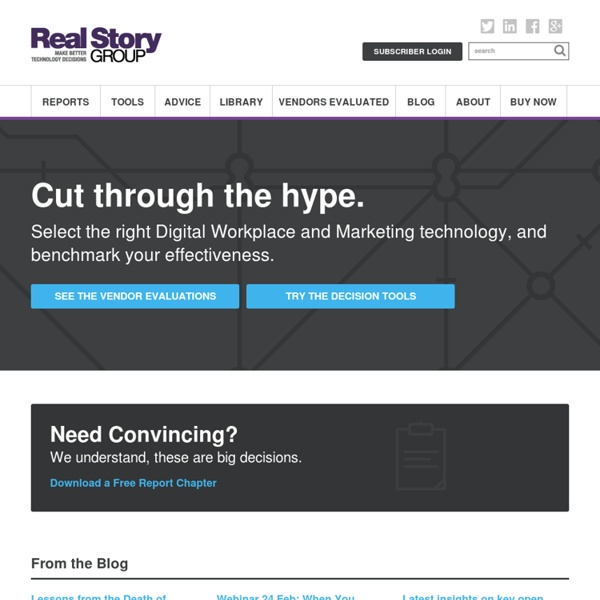



Business Intelligence, Analytics, & Knowledge Management (SIGDSS) Details Track Chairs: Babita Gupta, California State University Monterey Bay, bgupta@csumb.eduThis e-mail address is being protected from spambots. You need JavaScript enabled to view it. Thilini Ariyachandra, Xavier University, ariyachandrat@xavier.eduThis e-mail address is being protected from spambots. You need JavaScript enabled to view it. Track Description: The Business Intelligence, Analytics, & Knowledge Management (BIA&KM) track aims to attract novel research on technologies, applications, and processes for gathering, storing, accessing, analyzing, and presenting data, information, and knowledge for informed managerial decisions and enhanced organizational performance. As organizations embrace technologies such as social media, and new data sources (e.g., sensors, RFID), they also face new challenges related to analyzing and leveraging data characterized by large volume, velocity, and variety – typically referred to as ‘Big Data’. Mini-Tracks:
Repository Design activities Co-designing Envisioning Testing & Prototyping Implementing Representations Texts Graphs Narratives Games Models Stakeholders Professionals Service staff Users Context System Offering Interaction Actors map Affinity diagram Blueprint Character profile Cognitive walkthrough Constructive interaction Customer Journey Map Design games Evidencing Experience prototype Group sketching Heuristic evaluation Issue cards Lego serious play Mind map Mock up Moodboard Motivation matrix Offering map Personas Poster Role playing Role script Rough prototyping Service prototype Service specification Storyboard Storytelling System map Tomorrow headlines Usability testing Use cases Wizard of Oz info@servicedesigntools.org / message box for suggestions about tools and case studies / all contents by Roberta Tassi / nc-by-nd cc licence / 2009
sameAs I/UCRC: Center for Experimental Research in Computer Systems (CERCS) Site - Wiki of Future Abstract: The Ohio State University Site of the I/UCRC for Experimental Research in Computer Systems (CERCS) seeks to further build its momentum from its initial phase of operation through a Phase II award. Areas of research thrust for the next phase of the Ohio State CERCS site include development of needed intelligent discovery, visualization, and analysis interfaces for knowledge management, while addressing systems issues like scalability and performance; and development of delivery interfaces that are personalized and persuasive. Knowledge management in the era of big data represents an important area for national competitiveness and one in which industry-university partnerships have the potential to address real-world problems.
Emotional intelligence Emotional intelligence (EI) can be defined as the ability to monitor one's own and other people's emotions, to discriminate between different emotions and label them appropriately, and to use emotional information to guide thinking and behavior.[1] There are three models of EI. The ability model, developed by Peter Salovey and John Mayer, focuses on the individual's ability to process emotional information and use it to navigate the social environment.[2] The trait model as developed by Konstantin Vasily Petrides, "encompasses behavioral dispositions and self perceived abilities and is measured through self report" [3] The final model, the mixed model is a combination of both ability and trait EI, focusing on EI being an array of skills and characteristics that drive leadership performance, as proposed by Daniel Goleman.[4] It has been argued that EI is either just as important as one's intelligence quotient (IQ). History[edit] Definitions[edit] Ability model[edit] Measurement[edit]
why software projects fail Poster Software projects fail – that is a fact no developer is immune from; and the reasons for the same are quite simple and well understood. Still we encounter projects that have gone astray because developers or companies do not learn from their mistakes or are unwilling to follow best practices. For many of us, its always the “next project” that is going to be well designed. On my book shelf I’ve a health chart. I had created it after I kept losing track of my daily exercise schedules. There is a quirk in the chart though. The chart below lists some of the reasons that most software projects fail. Download chart as : 1. This site is a digital habitat of Sameer Borate, a freelance web developer working in PHP, MySQL and WordPress.
brainmap.org Sociotechnic Since forming in March 2009, Sociotechnic Limited has conducted a variety of projects for different clients. These projects range from independent studies to providing support to existing teams. Projects include: Clients include BAE Systems AeI BAE Systems ATC DCA Design Dstl Jaguar Land Rover Rolls Royce Serco Key skills include, but are not limited to, the following: Human machine interface design and evaluation (including the development of style guides) Task analysis, process mapping, and human error identification (HAZID, TRACEr, SHERPA) Assessment and optimisation of human performance (CWA, HTA) Human reliability analysis (CREAM, FRAM) Human error quantification (HEART, THERP) Assessment of violations Development of systems to support decision-making Allocation of function assessments (including workload assessment) Ergonomic workplace design and assessment (control rooms, laboratories, industrial areas) Ergonomic vehicle design and assessment Evaluation and development of emergency response plans